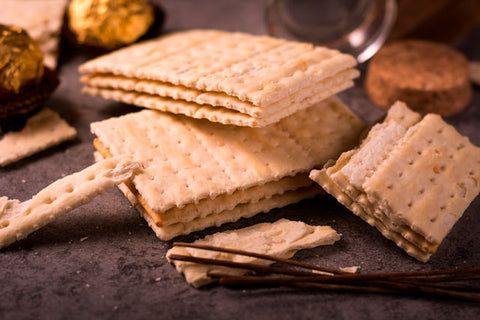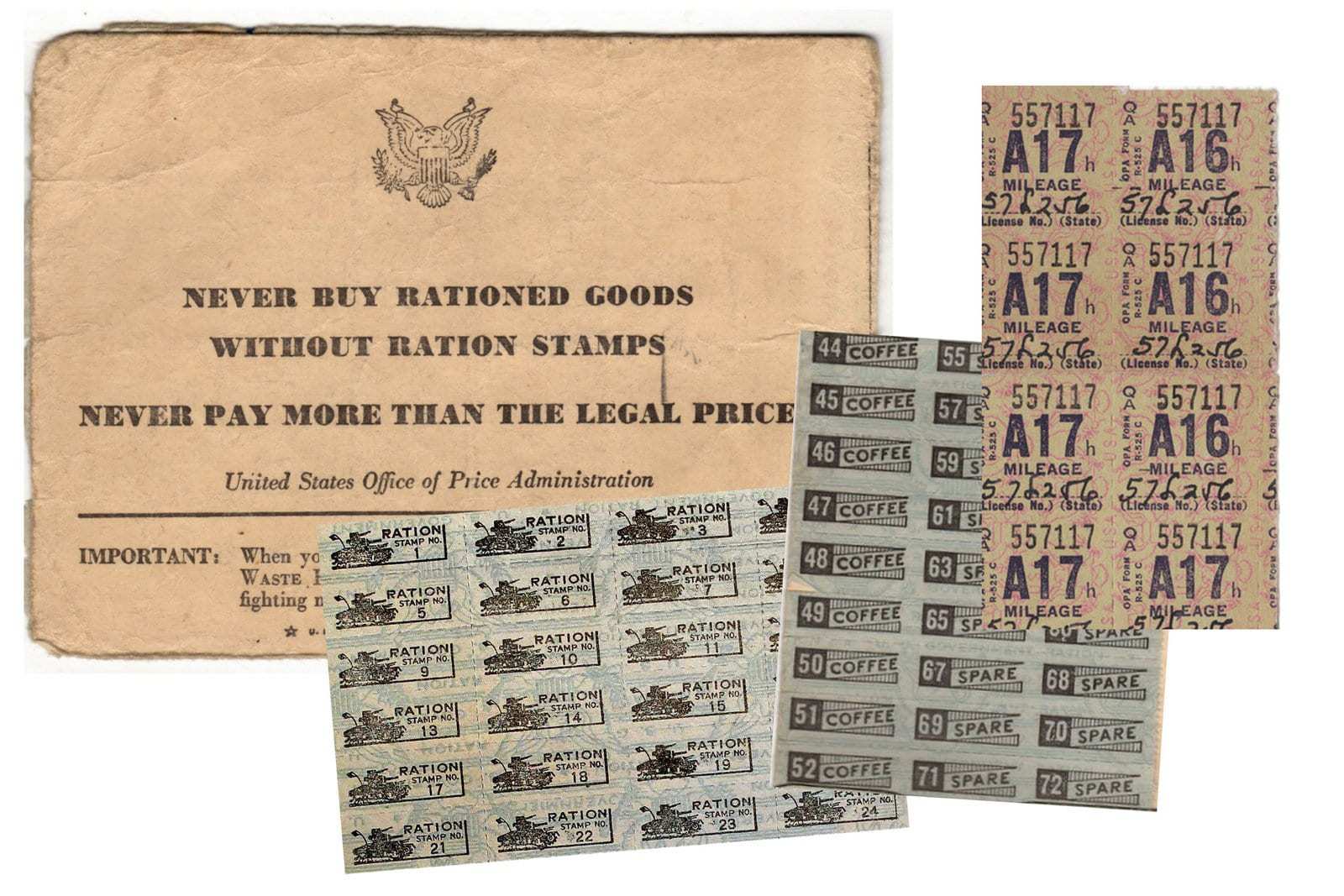https://www.mypatriotsupply.com/blogs/scout/wartime-diets-that-saved-nations
i may pick this apart...the rations portions that is.

We’ve become a bit spoiled by processed foods, frozen foods, and various flavors.
During WWI and WWII, people cooked meals at home using the most basic ingredients—which were rationed.
Here is an example of a weekly ration for one adult during WWII:
Can you produce your own food from scratch using this limited list of ingredients? Of course you can!
But it is much easier if you have a garden and a stocked supply of emergency staples, such as sugar and butter powder.
i may pick this apart...the rations portions that is.
Cook Homemade Meals with Basic Ingredients

We’ve become a bit spoiled by processed foods, frozen foods, and various flavors.
During WWI and WWII, people cooked meals at home using the most basic ingredients—which were rationed.
Here is an example of a weekly ration for one adult during WWII:
- Bacon & ham: 4 oz
- Meat: the value of 1 shilling & sixpence (approximately 1 lb of meat)
- Butter: 2 oz
- Cheese: 2 oz
- Margarine: 4 oz
- Cooking fat: 4 oz
- Milk: 3 pints
- Sugar: 8 oz
- Preserves: 1 lb every 2 months
- Tea: 2 oz
- Eggs: 1 fresh egg per week
- Sweets & candy: 12 oz every 4 weeks
Can you produce your own food from scratch using this limited list of ingredients? Of course you can!
But it is much easier if you have a garden and a stocked supply of emergency staples, such as sugar and butter powder.


